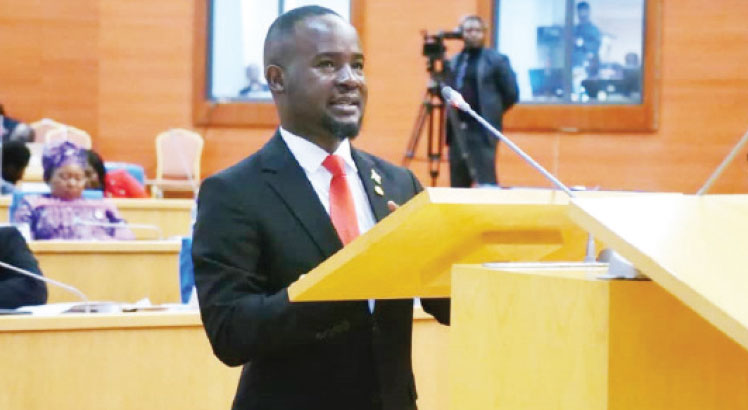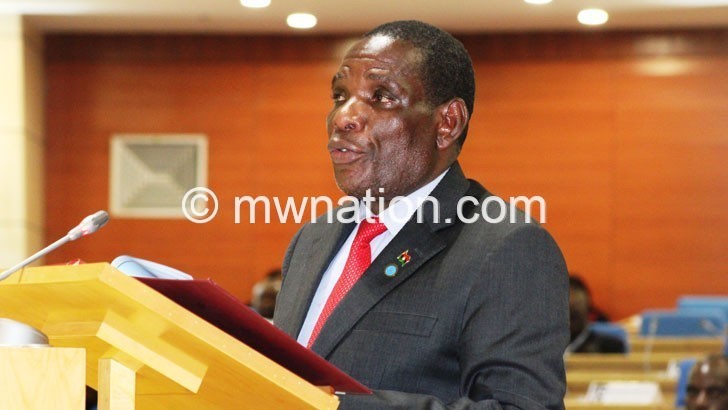Low forex reserves affect local market position—report
Malawi has failed to sustain gains made in the last two years on improving its financial market due to declining foreign exchange reserves, according to the 2022 Africa Financial Markets Index (Afmi).
The country’s score has dropped by one percentage point to 48 percent in 2022 from 49 percent in 2021, according to Afmi, which is a composite index that measures the level of development of the financial market in African countries against international standards and best practice.
Prepared by Absa, a South African-based financial services group, the report indicates that though Malawi did well on other pillars, access to foreign exchange was a main challenge as dwindling foreign exchange reserves overshadowed better market transparency.
Reads the report in part: “Malawi’s foreign exchange reserves coverage dropped significantly in 2022, which was the lowest ratio among index countries.
“This weighed significantly on the country’s score, causing Malawi to slip to the penultimate place in access of foreign exchange.”

It said the country was more vulnerable than most to the external shocks of high commodity prices and tighter financial conditions.
The report assesses a country using six pillars, namely market depth, which examines size, liquidity and depth of markets and diversity of products, access to foreign exchange, market transparency, tax and regulatory environment, capacity of local investors, macroeconomic opportunity and enforceability of standard master agreements.
Malawi is currently facing foreign exchange supply and demand imbalances evidenced by low forex supply.
The low foreign exchange reserve is despite the 25 percent devaluation of the kwacha effected in May last year, which was meant to align the foreign exchange supply to the macroeconomic fundamentals.
Meanwhile, Reserve Bank of Malawi (RBM) figures show that gross official reserves, which are under the direct control of the RBM, dropped to $304.87 million, equivalent to 1.22 months of import cover in December 2022 from $429.17 million, an equivalent of 1.72 months of imports in December 2021.
RBM Governor Wilson Banda last year admitted that the central bank is facing pressure to manage foreign exchange in the country as supply and demand imbalances continue to escalate.
He, however, assured the country that it is looking into other long-term measures to boost exports and the forex position.





